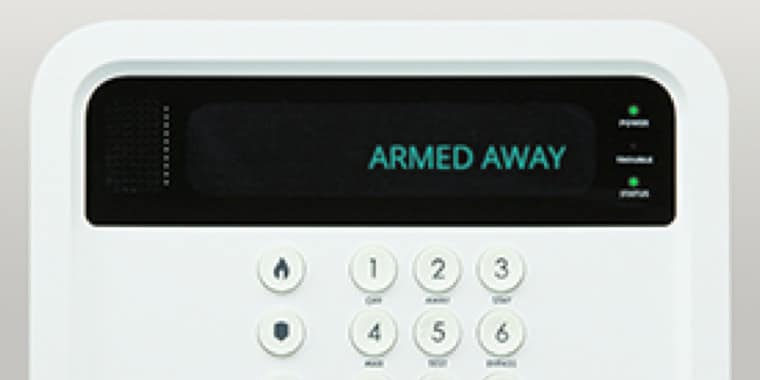According to a study by Nielsen, more than half of the U.S. population will make a purchase online this year. As access to information increases, so does the amount of time we spend on our mobile devices and computers searching for “stuff” online. We shop, research information, pay bills, interact with one another on social media… the list is endless.
With this type of power at our fingertips comes great responsibility. Here are a few important tips to remember to keep your digital identity and sensitive information safe:
Financial and Credit Safety
- Review your financial and billing statements frequently.
- Monitor your credit history and place fraud alerts on your credit file to protect against identity theft.
- Check for "https" in the web address. The website address to secure web pages begin with “https” (compared to “http”).
- Beware of online retailers who ask for your social security number or date of birth to complete a transaction. Most retailers don’t need this kind of sensitive personal data to finalize your purchase.
Unauthorized Access to Your Devices
- Avoid public computers when making online purchases. The most secure network is typically on your computer at home.
- Shop only with major retailers or those you trust—small businesses tend to be more likely to have a breach in their cyber security than a big name like Amazon.
- When possible, access the Internet from behind a firewall. This will help prevent hackers from accessing your personal information and files.
- Avoid strangers on social media. And do not share personal data on newsfeeds and status updates. Do not announce when you will leave for vacation. Do not post your phone numbers, address, etc. on your profile.
- Protect your mobile devices. Use the auto-lock feature, and be aware of the apps you download.
Personal Data and Information Protection
- Backup critical data regularly with a flash drive or a software backup service.
- Watch out for phishing scams or fraudulent emails and websites that pose as legitimate businesses.
- Strengthen your passwords and change them periodically. Use phrases instead of words. Make sure they are at least 16 characters long and use a combination of letters, numbers and special characters.
- Install trusted online security software to protect your computer and mobile devices from viruses, spyware and more.
What To Do If You’ve Been a Victim of Identity Theft
- Place a fraud alert on your credit reports.
- Report unauthorized accounts or transactions to your credit card issuer or bank.
- Contact the Federal Trade Commission and create an identity theft report.
- File a report with your local police and get a copy for your records.
Verify your account information is up-to-date. Update your credit card information at MyADT.com. To ensure continuous security coverage, update your ADT® EasyPay account to keep your automatic payments on schedule.






